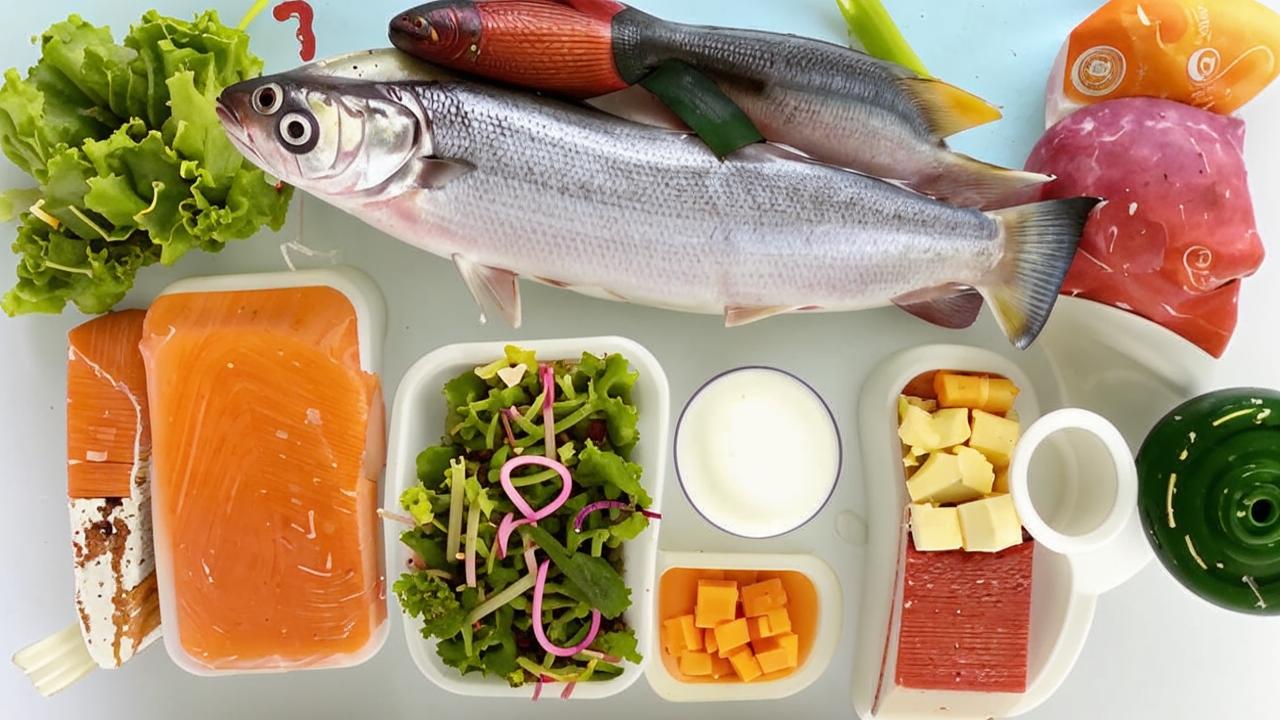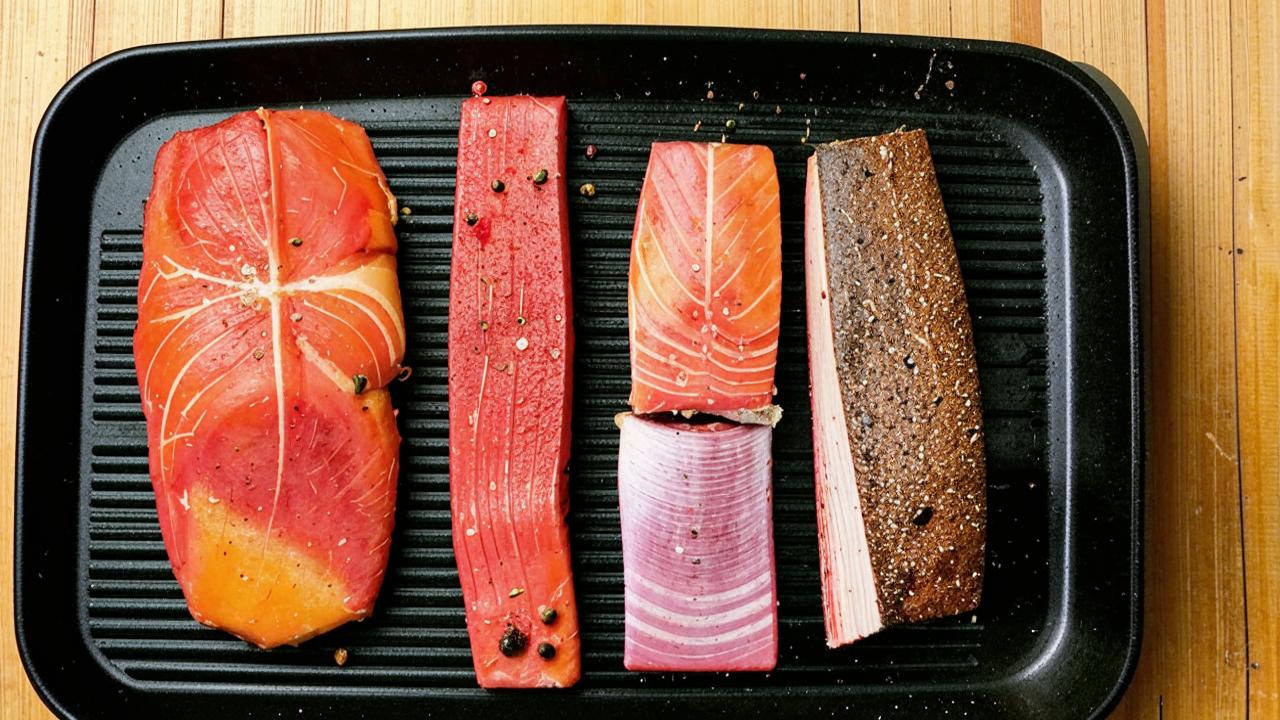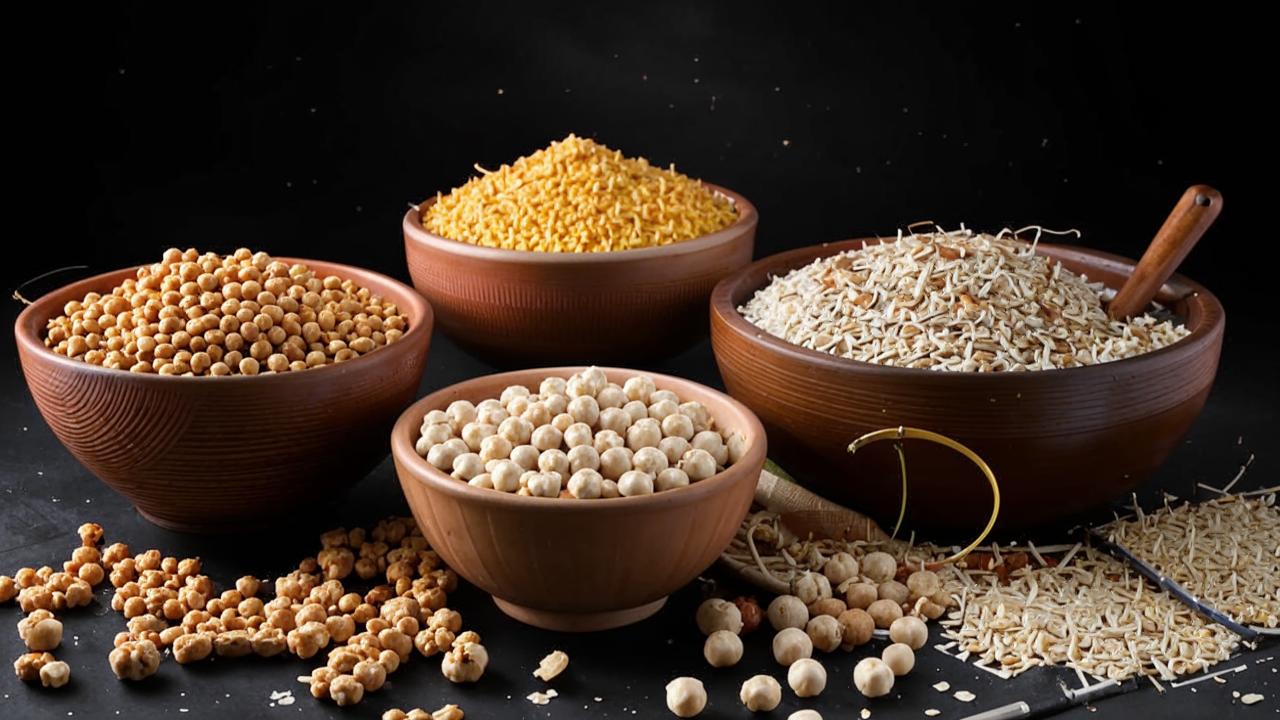Lots of protein: how much do you need and where to find it?

How much protein your body needs and what products will help you gain muscle mass.
Protein is the most important building material for the body. We have heard this phrase from school teachers. Protein is really essential for humans, because it is directly involved in the formation of new tissues and, in particular, in the growth of muscle mass, as well as useful for immunity, bone health and blood pressure. The average daily protein intake for an adult ranges between 60 and 100 grams, depending on height, weight and level of physical activity.
How to calculate your average daily protein allowance
If you lead an inactive lifestyle and very rarely exercise, without trying to lose or gain weight, then your norm is about 1.2 grams of protein per 1 kg of weight.
If you do not lead a sedentary lifestyle and exercise 2-3 times a week and want to increase your endurance, you should consume about 1.4-1.6 g of protein per 1 kg of body weight.
If you exercise regularly and want to increase muscle mass, you will need 1.6-2.0 g per 1 kg of body weight.

Foods with the most protein
Let’s start with plant-based protein. Some people refuse to eat meat and dairy products for various reasons, but you should not forget about consuming protein in sufficient quantities. Below is a list of foods that are high in vegetable protein. The values are given per 100 g of product.
- Soybeans (35 g)
- Beans (22 g)
- Peas (20 g)
- Chickpeas (19 g)
- Lentils (9 g)
Legumes are rich not only in protein but also in fiber and are a source of vitamin B:
- Almonds (21 g)
- Pistachio nuts (20 g)
- Cashews (19 g)
- Hazelnuts (15 g)
- Walnuts (15 g)

It should be remembered that along with proteins, nuts contain quite a lot of fat, so you should not abuse this food:
- Oat groats (17 g)
- Chia seeds (16.5 g)
- Wheat (15 g)
- Quinoa (14 g)
- Corn (9 g)
- Whole wheat bread (9 g)
- First Grade Wheat Flour Bread (7 g)
- Spinach (3 g)
- Broccoli (2.8 g)
- Rice (2.7 g)
- Asparagus (2.2 g)
- Avocado (2.1 g)
Now let’s move on to animal products rich in protein. The figures are given per 100 g of product:
- Tuna (25 g)
- Boiled beef (25 g)
- Chicken breast (25 g)
- Salmon (20 g)
- Cottage cheese (18 g)
- Greek yogurt (13-18 g/portion)
- Eggs (6 g/piece)
- Milk (3.2 g)

Remember that it is important to make your daily diet varied, because constant consumption of the same foods will not provide your body with all the necessary nutrients.







